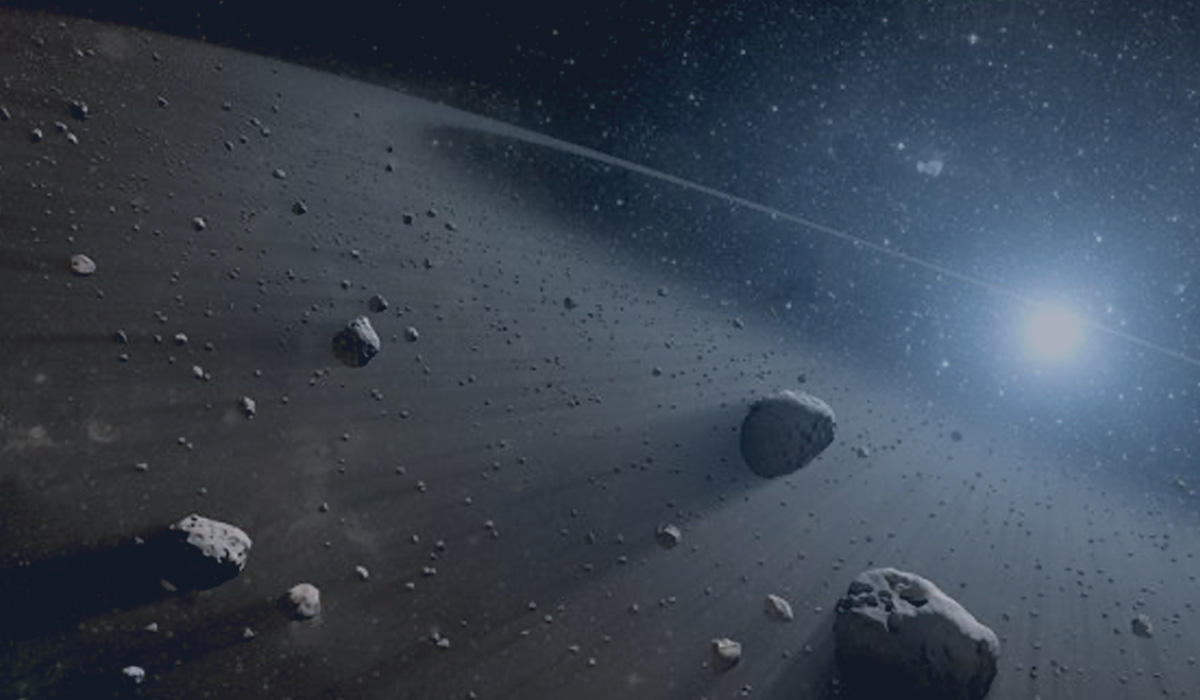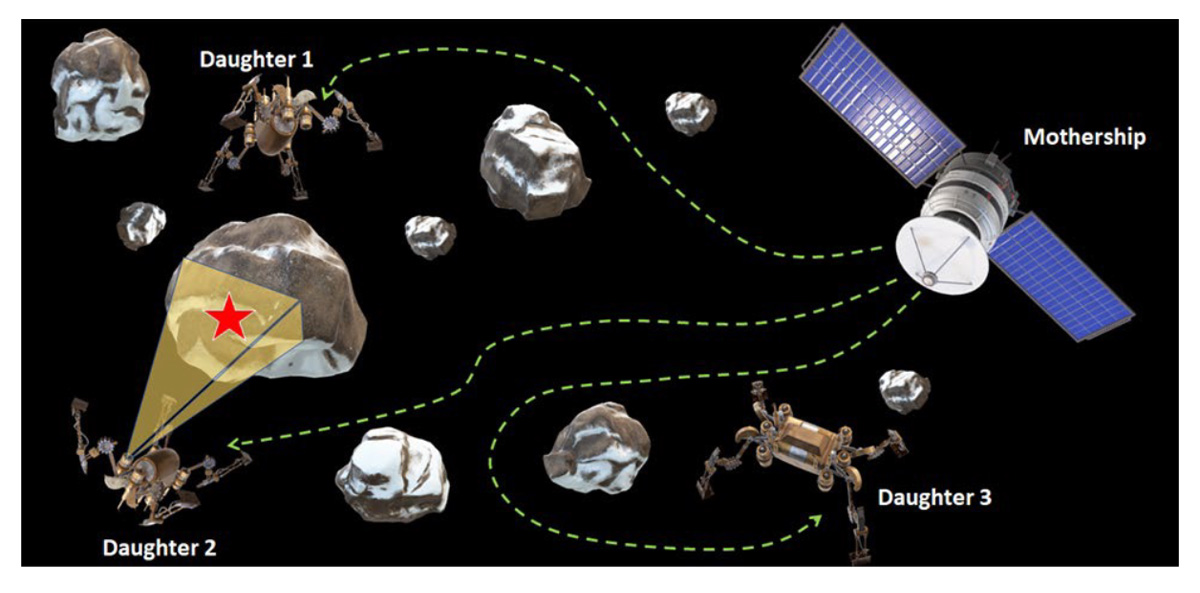Orbit Logic (Auria) Advances Onboard Autonomous Planning for Robotic Swarms in Microgravity Environments

MEARS will enable collaborative robotic exploration of microgravity environments.
Orbit Logic (now Auria) has been awarded a Phase I Small Business Technology Transfer (STTR) contract sponsored by NASA to develop the Microgravity Environment Autonomy for Robotic Satellites (MEARS) solution. The University of Dayton Research Institute (UDRI) is our research partner on this effort. MEARS will merge robotic asset onboard sensing/perception, autonomous planning/ response, and robust inter-asset communication strategies—into a high-reliability architecture compatible with the ROS 2 and Space ROS open software projects.

Orbit Logic’s mature Autonomous Planning System (APS) supports asset-level resource planning and decentralized planning of mission-level goals for teams of heterogeneous, networked assets. The project team at UDRI has developed a suite of flight/motion control, energy management, trajectory planning, and stochastic navigation planning technologies (with 3 granted and pending patents) in their Real-Time Adaptable Autonomy Kernel (RT-AAK) during the past years, which can be flexibly built and deployed to a variety of CPU, GPU and FPGA-based processors on flight-like computing platforms. The UDRI team will employ advanced online learning-enabled model predictive control (MPC), originally developed for an Energy Optimizer and eVTOL (electrical vertical takeoff and landing) vehicles in multiple projects, to achieve effective autonomy and AI/ML capabilities. APS and RT-AAK are modular, layered solutions that when integrated will be highly enabling for a broad set of space robotic applications (but with relevance to terrestrial robotic applications as well). The scenario we are focused on for initial architecture development involves the challenging case of a collaborative heterogeneous robotic team operating in microgravity environments such as asteroid fields, composed of many initially unknown and highly dynamic objects of interest that must be simultaneously investigated and avoided. UDRI’s Autonomous Systems Testbed in the Power and Energy Division, with real-time distributed hardware-in-the-loop and high-fidelity dynamics simulation capabilities, will be adapted and used for prototype verification and validation.
APS is a powerful technology that can be leveraged for autonomous planning in any domain. The breadth of its applications proves its flexibility; in addition to the autonomous robotic capabilities being developed in this effort, Orbit Logic has utilized APS for the autonomous operation of heterogeneous constellations of Low Earth Orbit (LEO) satellites with DARPA and AFRL, heterogeneous teams of unmanned underwater/surface/aerial vehicles (UUVs/USVs/UAVs) with the Navy, heterogeneous swarms of rovers, satellites, and atmospheric vehicles for robotic Mars exploration with astronauts-in-the-loop for Lunar exploration, and mission-adaptive formation flying control of satellite clusters, with NASA.
Learn more at Auria.space and follow us on LinkedIn to keep up with the latest developments and join the conversation.
About Auria
Auria advances complex space, missile, and cyber operations with visionary solutions and software that ensure smooth and precise execution. Our success is built on the excellence of diverse teams advancing innovative systems and operational software to strengthen our nation’s superiority in space. With a distinguished track record and a spirit of relentless pursuit, we set the pace for progress and execute every mission with the utmost precision. Headquartered in Colorado Springs, CO, with operations in Boulder, CO, Washington, DC, Albuquerque, NM, Huntsville, AL, Ogden, UT, and San Diego, CA, Auria deploys advanced AI and technologies that help secure our nation and increase knowledge of our planet. For more information, visit Auria.Space.